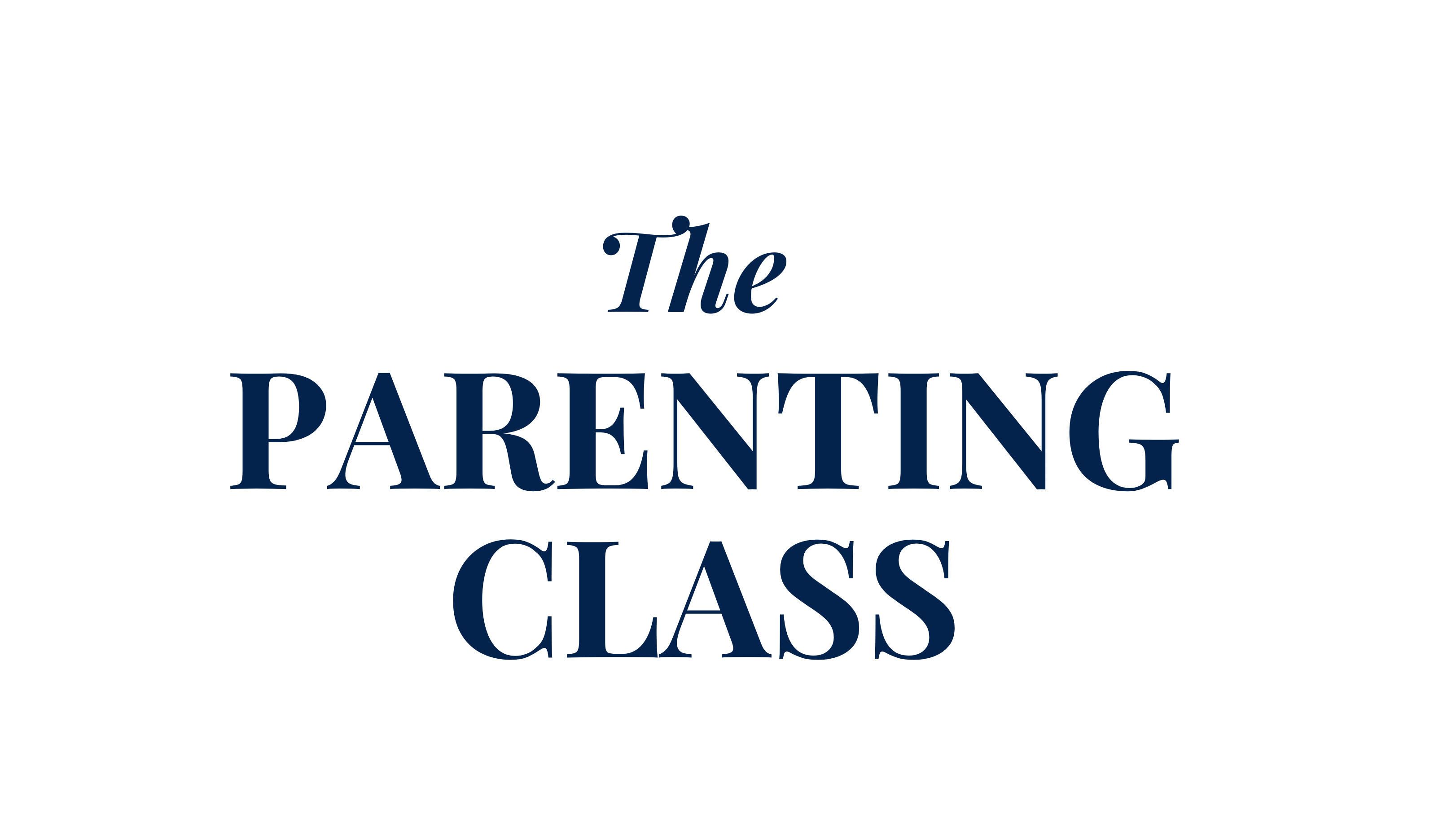Gentle Parenting is Not a Key Parenting Style
Let’s talk parenting styles. What’s publicly considered the best parenting style depends on the culture, generation, or even the social media app you ask (Gentle Parenting is not a key parenting style! but we will get to that!).
But is there a universally good style? A best style across cultures and generations?
Yes, there seems to be. Let me break down what 60 years of research tells us.
In the 1960s, a woman named Diana Baumrind conducted truly groundbreaking research. She led a series of studies investigating people’s parenting styles and discovered that most parents can be classified into one of three styles (a fourth one was added later).
Ever since, hundreds of studies have been published further solidifying her theories and observations.
First, the Four Parenting Styles:
1️⃣ Authoritarian
2️⃣ Permissive
3️⃣ Authoritative
4️⃣ Uninvolved (last one added)
How do we know what distinguishes one from the other?
According to Baumrind, it’s all about where parents fall on two dimensions:
Responsiveness
Demandingness
Let me explain: Tom is highly demanding towards his kid:
He has high expectations and enforces them firmly, using a coercive style and often expecting blind obedience. It’s the most likely style to use physical punishments regularly. He ranks very low on responsiveness: he isn’t very interested in hearing his kid’s perspective or reasoning for behavior, nor is he very warm or supportive.
= Tom is the “Because I said so” parent; an authoritarian parent.
Mary is not very demanding: She has few rules and enforces them loosely, not expecting much from her child in terms of behavior, self-control, skills, or otherwise. Kids are kids after all. She is very high on responsiveness, greatly focusing on her child’s needs and opinions, being warm and highly attentive to their emotional needs.
= Mary is the “Anything goes!” parent; a permissive parent.
Maria is highly demanding towards her kid:
She has high expectations and enforces them firmly but does so using a confrontative approach rather than a coercive one. She doesn’t expect blind obedience but instead uses reason to achieve compliance. She too uses consequences and punishments, but they are logical and linked to her child’s misbehavior.
Maria is also highly responsive: she focuses greatly on her child’s needs and opinions while being warm and highly supportive.
= Maria is the “You can feel upset, but the rules still apply!” parent; an authoritative parent.
John is not demanding towards his child:
He doesn’t expect them to behave a certain way or perform in school, social situations, or at home in any particular manner.
He is also not very responsive: John isn’t very interested in his child’s opinions, needs, or individual preferences, nor does he display much warmth or support.
= John is the “You’re on your own.” parent; an uninvolved parent.
The Key Takeaway
The above are, of course, generalizations, but the underlying idea remains: parents differ based on how high or low they rank on demandingness and responsiveness. According to Baumrind – and many researchers who followed – studies from all over the world show that this framework applies globally and across cultures. And across decades, one style consistently leads to the most promising outcomes: authoritative parenting.
But here’s the catch:
Authoritative parenting is often misunderstood. It’s not what’s commonly considered “gentle parenting.” Gentle Parenting is not a key parenting style. In fact, according to Baumrind, authoritative parenting includes the use of consequences, even punishments. It views parents as authority figures and requires firm control. Significantly firmer than what modern social media pop parenting advice would have us believe.
Stay tuned for Part II, where I’ll dive into specific studies by Baumrind and others on what the high demandingness and high responsiveness of successful parents really look like.
In the meantime, if you want all the ins and outs of parenting style research, check my course here.
More soon.
